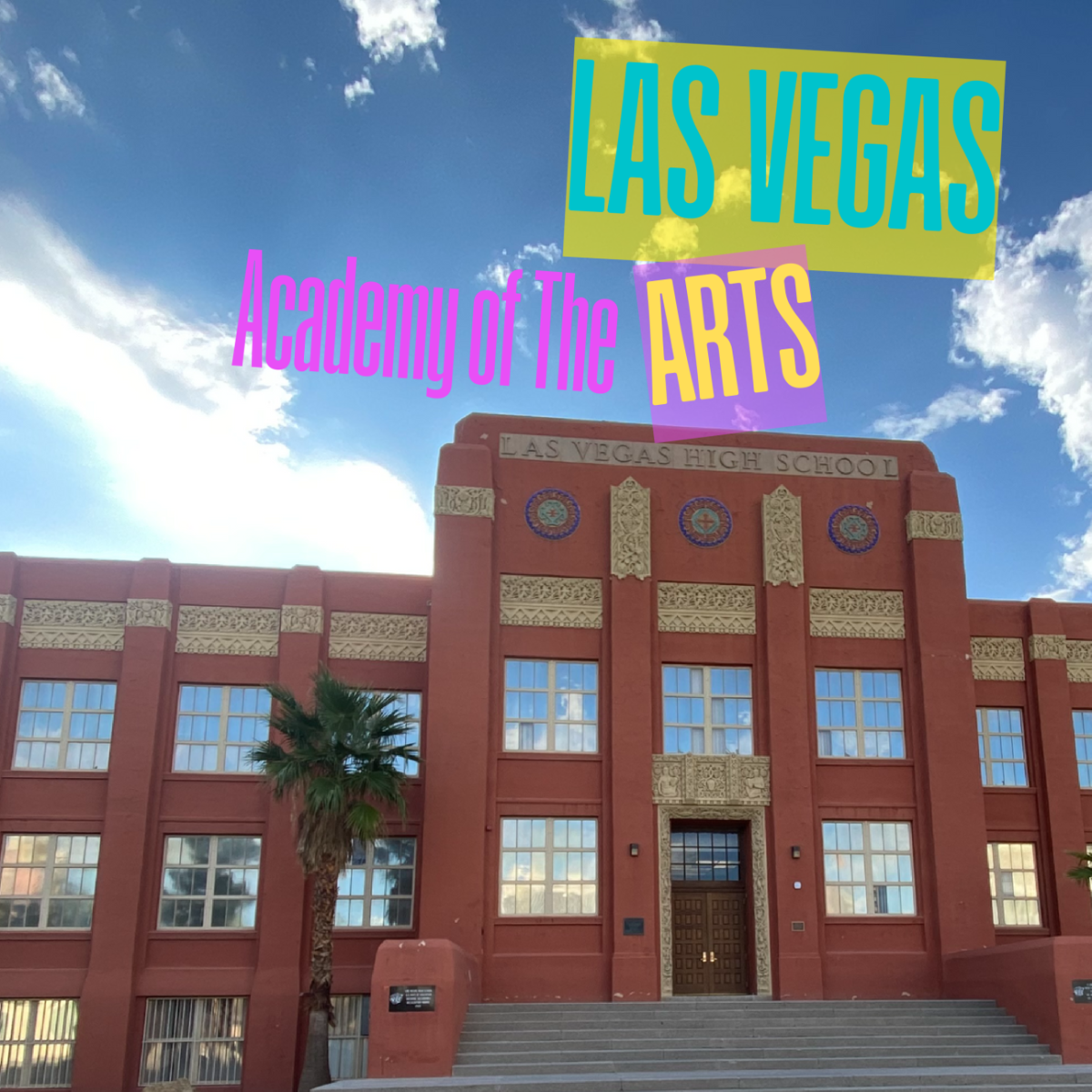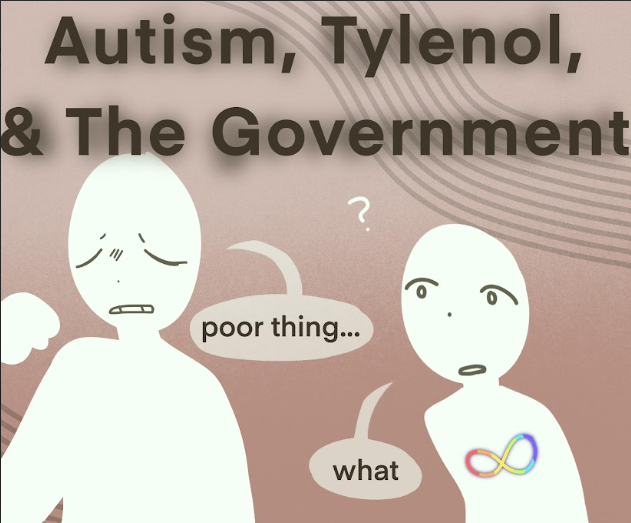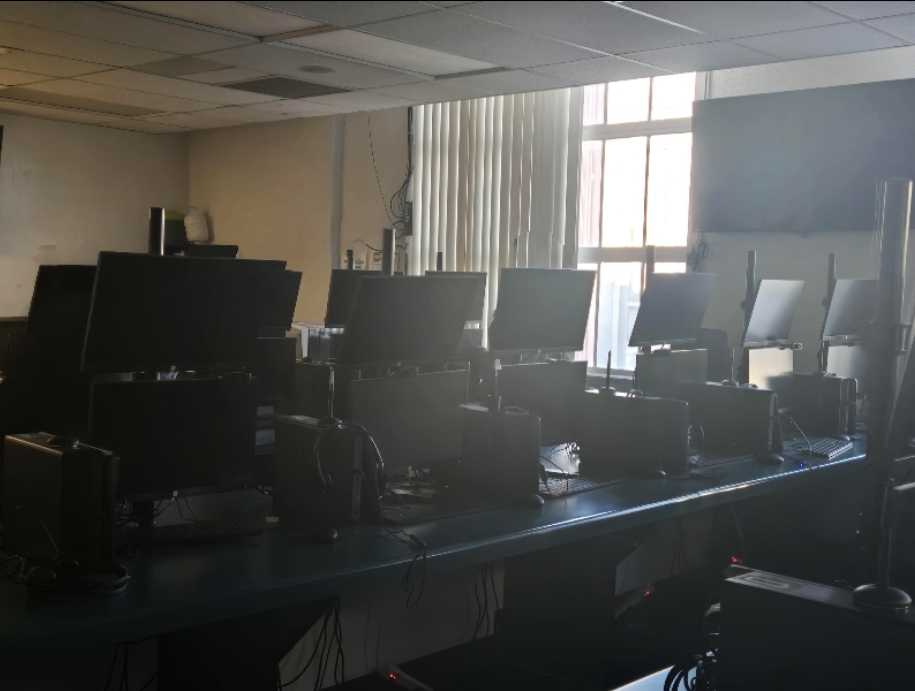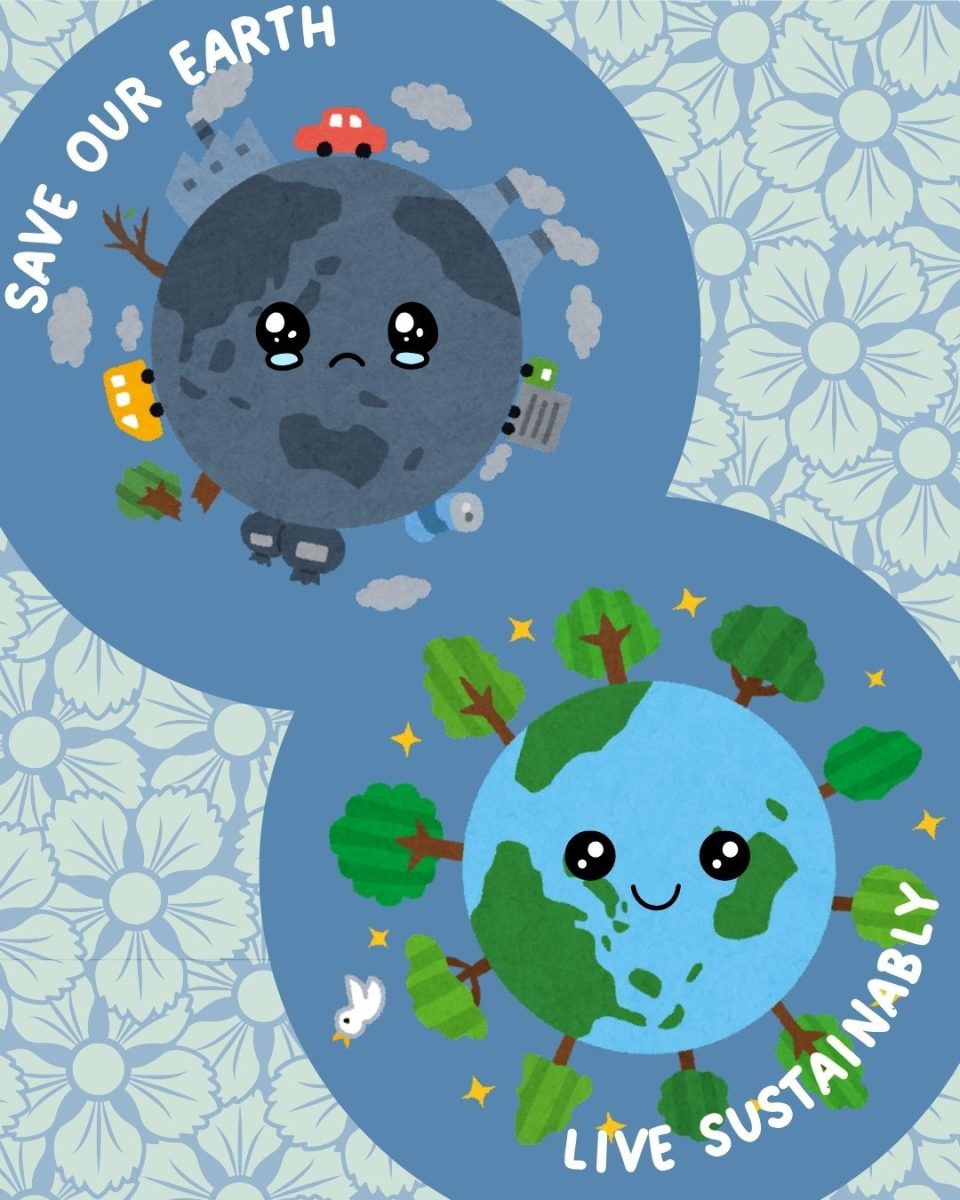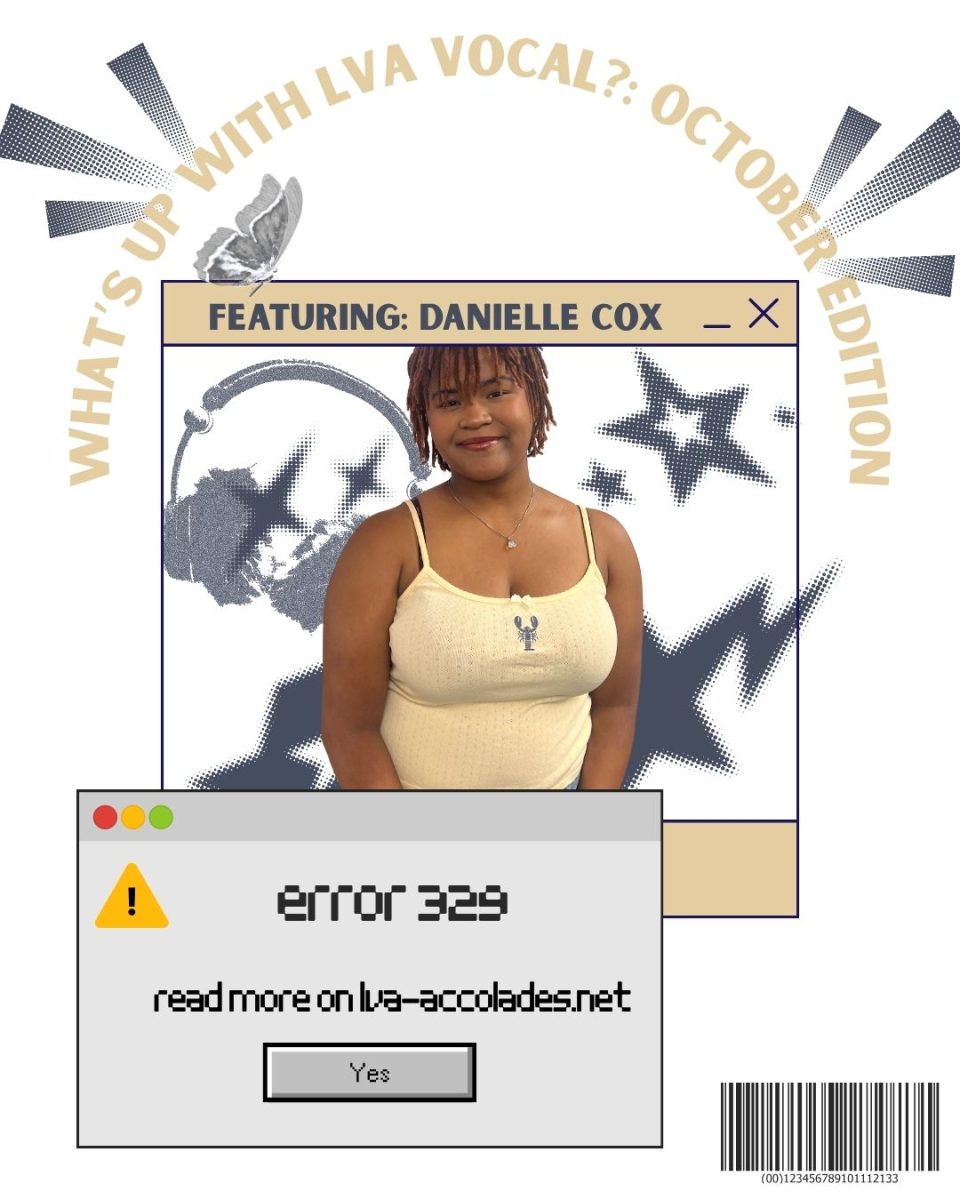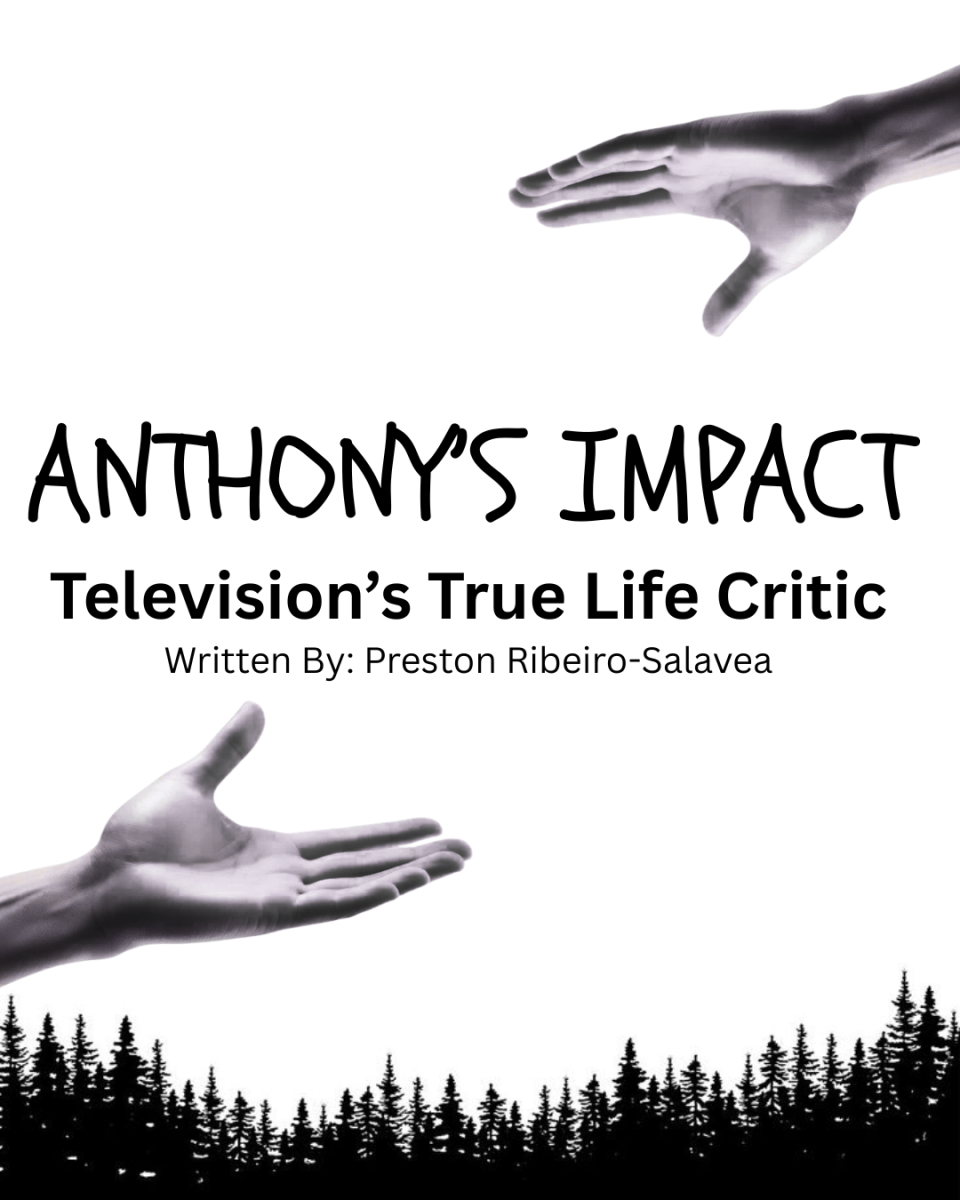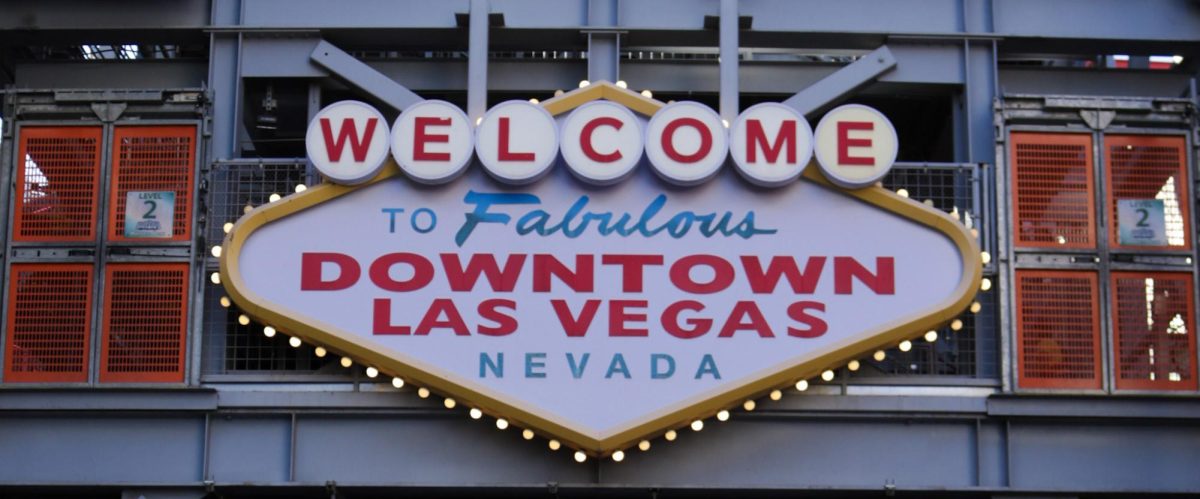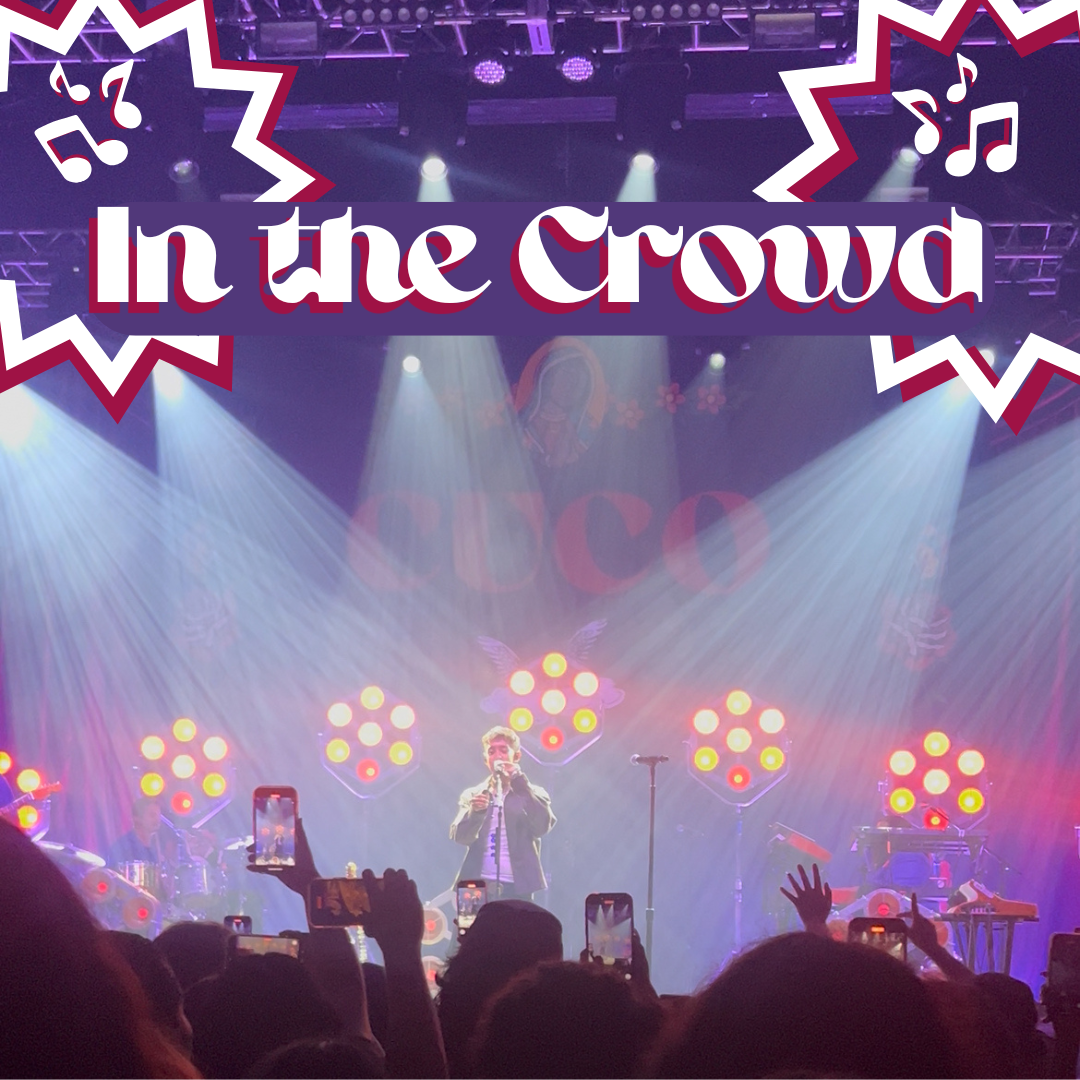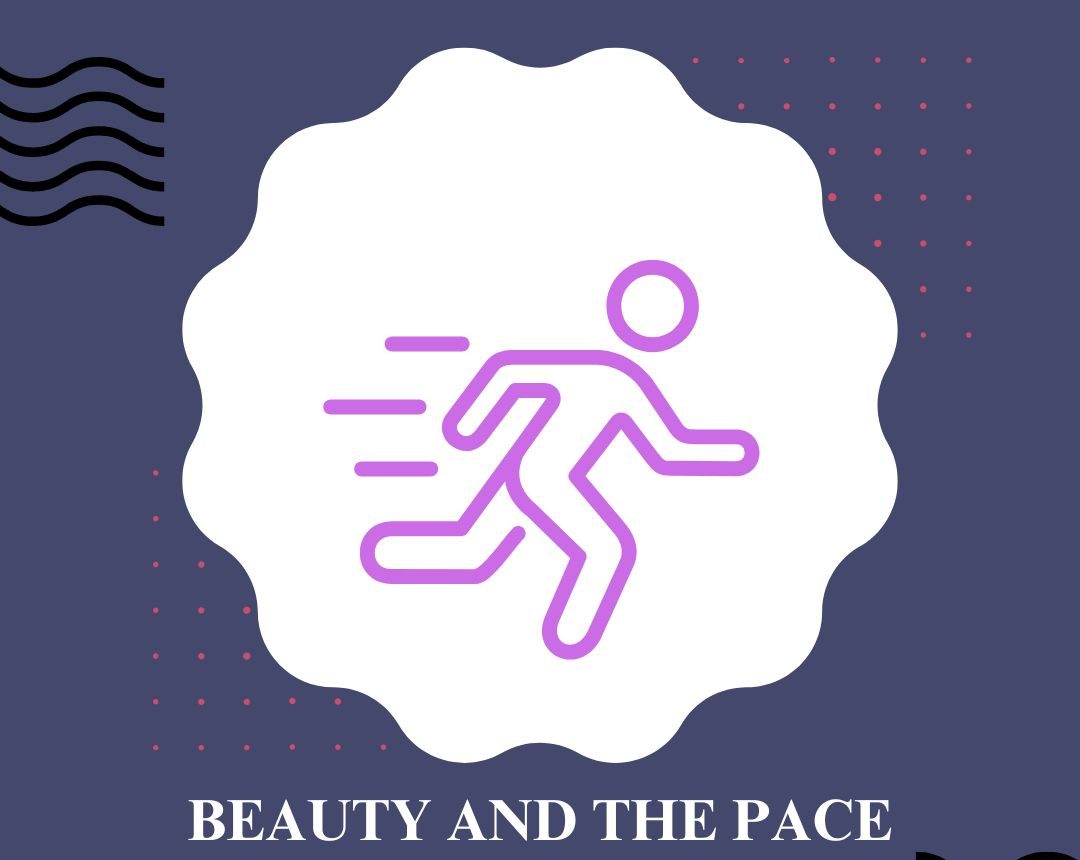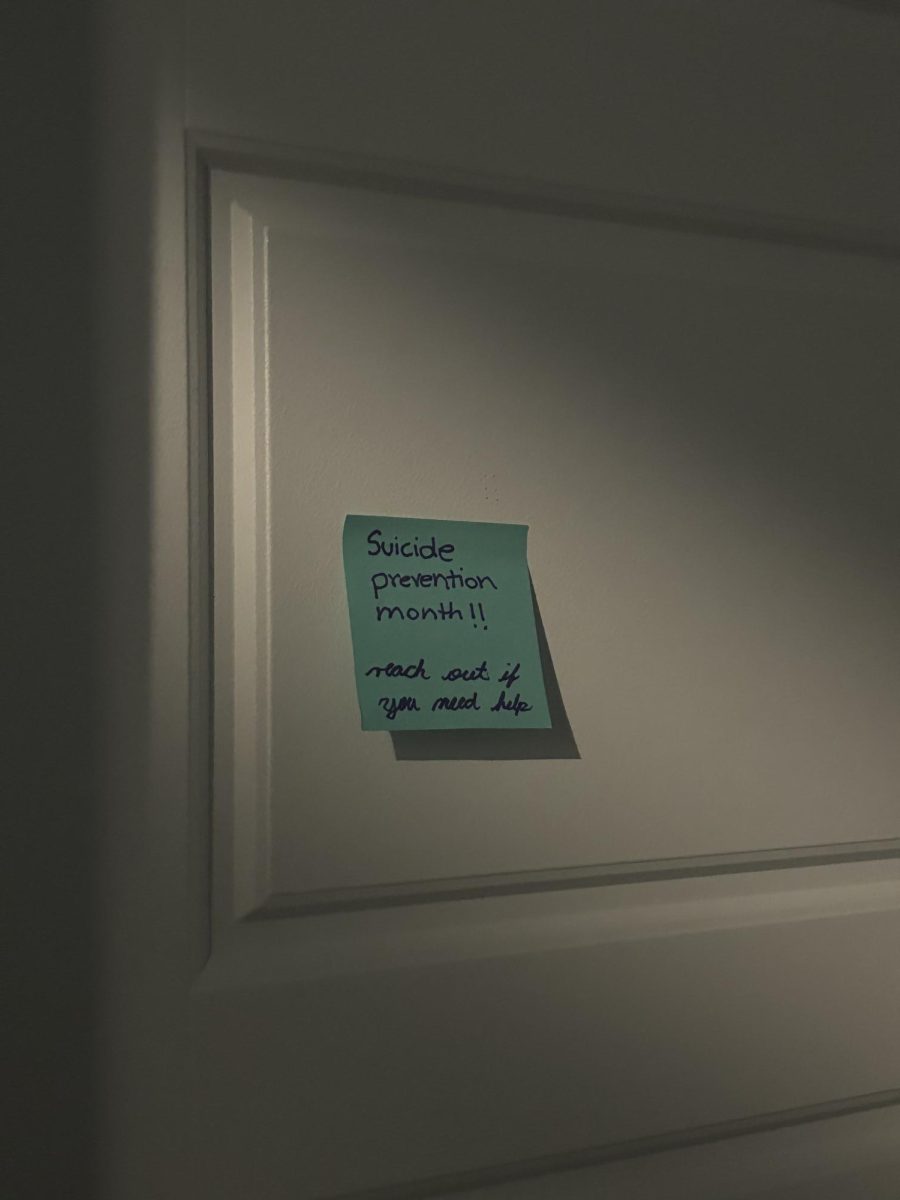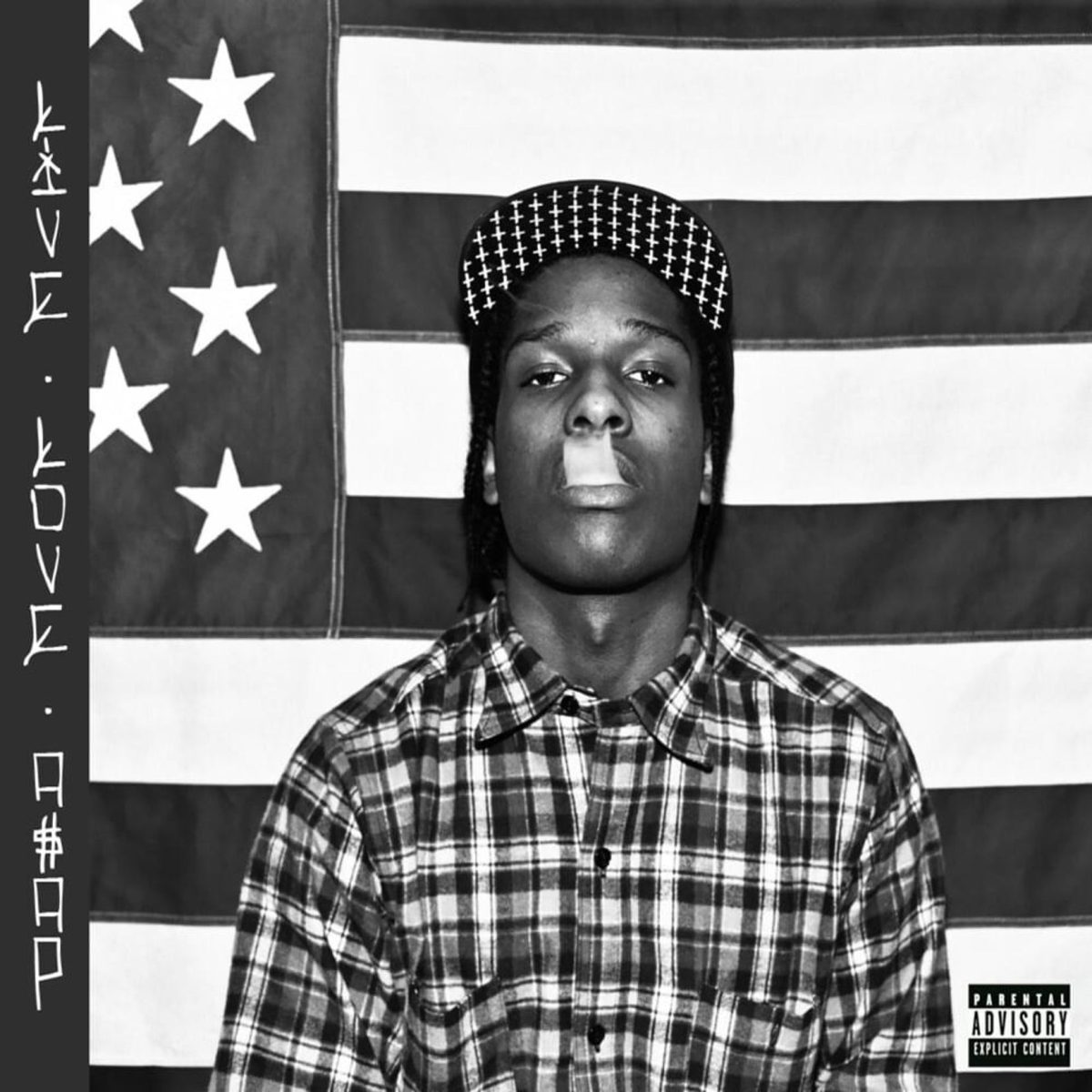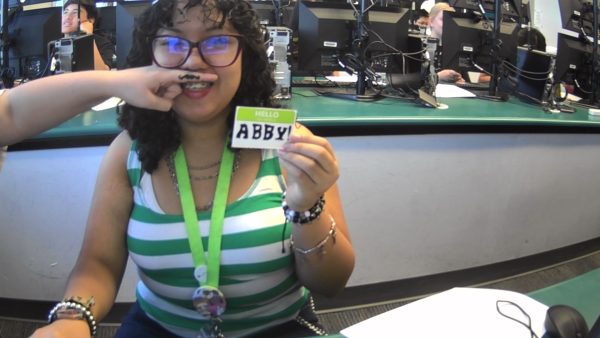The internet is a vast social space, with numerous places to inform you about various topics. Gathering information has never been easier. Today you may find desired news with a quick prompt on your search engine. When you share news on social media, it sparks a debate of what is true and what is false. Platforms like TikTok, Instagram, and X all contribute to giving society platforms to voice current events in the world that aren’t being covered by traditional media, and without being restricted by it.
“It has improved free speech because you get to hear more people’s ideas,” said Hancock, president of the LVA Journalism Club.
Through the work of LVA’s journalists in the journalist club, they are able to emphasize the importance of events and publicize news that is not being covered by traditional media. Traditional media can include print media and other forms of digital media such as broadcasting. In these cases, most of these news media focus on the big picture and act on the interest of their audience. Traditional media can occasionally lack in the intricate details of community, which social media can make up for. Social media is able to give information that is important, even while not retaining the paid journalist job.
“It could be good to spread awareness on events that are actively happening. Without social media, we wouldn’t have even known much about what was happening in Israel and Palestine, and what is happening in South Sudan,” Hancock said.
However, the misfortune of social media reports include spreading false information and giving it to an uneducated audience of the topic. Another issue that may come up is that it could be potentially dangerous or harmful if the reportage is used in a way that is derogatory towards those who may be wronged in the process. There may be a few groups of people who are doing something in the reports, which can therefore be interpreted as the entire community behaving in that way.
“It also comes with all its downsides. It can be used to spread misinformation. People like to bully and harass people online. It really depends” Hancock said.
Many of our ways of being informed are on social media, if these certain platforms (such as TikTok or Instagram) are taken down, users who actively use them to get their news may be negatively impacted. These negative consequences being a lack of awareness of events globally and a decrease in opinions being voiced online.
“People would start to disagree more because people would start to speak all their feelings that they would put on social media, out loud,” Hancock states. “They might say it around the wrong people and start to get into arguments. It would lead to a loss of morality” Hancock said.
Overall, social media plays a role in how we currently communicate to each other about events that are currently happening, and events that are founded in politics. Social media reportage and journalism can be both good and bad. It simply depends on how each person utilizes their access to social media to spread information to others.

